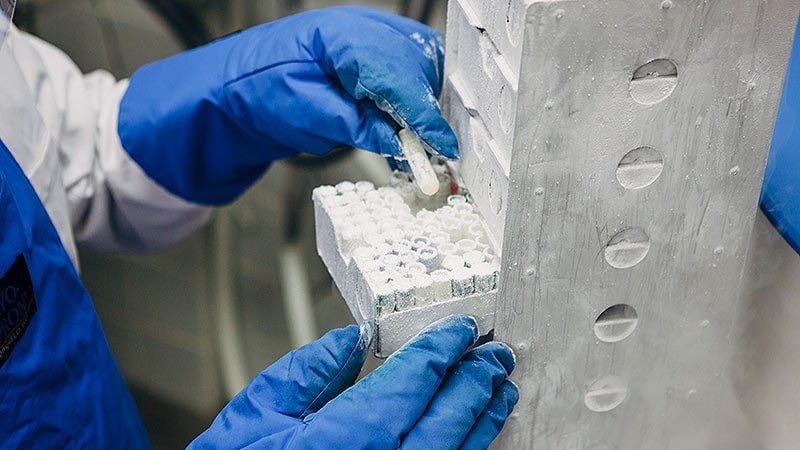Later Hernia Repair in Preterm Infants Reduces Risks
TOPLINE:
A clinical trial of preterm infants with inguinal hernia found that performing repair after discharge from the neonatal intensive care unit (NICU) resulted in less adverse events than procedures prior to discharge.
METHODOLOGY:
- The study compared the safety of repair before discharge from the NICU with repair after discharge and post-55 weeks gestational plus chronological age (postmenstrual age).
- The study randomized 338 infants from 39 US hospitals to early or late repair; of the 320 infants who had the surgery, 86% were male, 30% were Black, and 59% were White.
- The primary outcome was the occurrence of at least one serious adverse event over the 10-month observation period, including apnea requiring respiratory intervention, intubation for more than 2 days, bradycardia requiring pharmacological intervention, or death.
- Secondary outcomes included a total number of days in the hospital, including the initial NICU stay after randomization, postoperative hospitalization, and any inpatient days due to hospital readmission over the course of the following 10-month period.
TAKEAWAY:
- Infants who underwent late repair had a lower probability of having at least one serious adverse event: 28% had at least one adverse event in the early group vs 18% in the late group.
- Infants in the late repair group had shorter stays in the NICU after randomization, as well as fewer hospital days following surgery.
- Late repair provided the greatest benefit to infants with a gestational age younger than 28 weeks and those who had bronchopulmonary dysplasia.
- Hernias resolved spontaneously in 4% of infants in the early repair group and 11% in the late group, which the authors said supports delaying hernia repair.
IN PRACTICE:
"The decision to treat the inguinal hernia with an early or late repair strategy likely does not influence the overall duration of the neonatal intensive care unit stay but may hasten the discharge by several days if later repair is chosen, which is likely important to parents and neonatologists."
SOURCE:
The study was funded by the Eunice Kennedy Shriver National Institute of Child Health and Human Development. Martin L. Blakely, MD, MS, from the Department of Surgery at the University of Texas Health Science Center, Houston, Texas, is the corresponding author.
LIMITATIONS:
This study had a modest sample size, an issue compounded by some subjects withdrawing from the trial. The randomization rate was lower than expected. The trial was also discontinued early due to meeting a prespecified stopping rule for effectiveness.
DISCLOSURES:
Study authors report grant support from the US Department of Defense, personal fees, author royalties, and institutional contracts with various companies including Medicem, Fresenius Kabi, Baxter, and Mead Johnson.


 Admin_Adham
Admin_Adham


